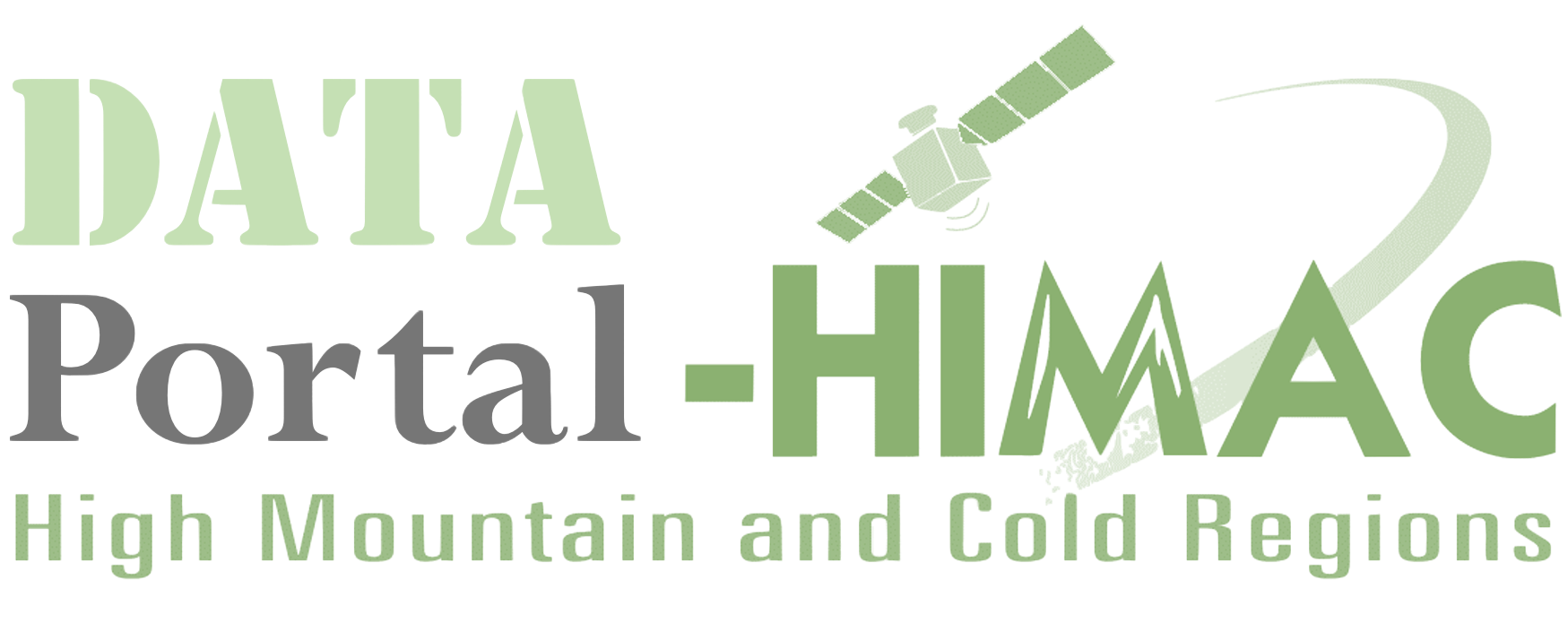EMODnet Physics Map
Data and Resources
Additional Info
| Field | Value |
|---|---|
| Source | https://arctic.emodnet-physics.eu/ |
| Last Updated | April 12, 2022, 12:15 (UTC) |
| Created | April 6, 2022, 06:07 (UTC) |
| Country | International |
| Data Management | Access to marine data is of vital importance for marine industries, decision-making bodies and scientific research. An effective pan-European marine data infrastructure will:Enable effective and efficient marine spatial planning and legislation for environment, fisheries, transport, border control, customs and defence;Reduce uncertainty in our knowledge and ability to forecast the behaviour of the sea;Improve offshore operators’ efficiency and costs in gathering and processing marine data for operational and planning Purposes;Stimulate competition and innovation in established and emerging maritime sectors;Find out more about the benefits that EMODnet offers to the public sector, private sector, scientific research community and society. These are further demonstrated in the EMODnet Use Cases. |
| Data Policy | Collect data once and use it many times;Develop standards across disciplines as well as within them;Process and validate data at different levels. Structures are already developing at national level but infrastructure at sea-basin and European level is needed;Provide sustainable financing at an EU level so as to extract maximum value from the efforts of individual Member States;Build on existing efforts where data communities have already organized themselves;Develop a decision-making process for priorities that is user-driven;Accompany data with statements on ownership, accuracy and precision, and Recognise that marine data is a public good and discourage cost-recovery pricing from public bodies. |
| Data Sharing Principle | To further increase the quantity and quality of available European marine data, the EMODnet Data Ingestion Portal was launched in 2017. It takes a pro-active and strategic approach, to target datasets that can fill key gaps by reaching out to other initiatives or specific communities that are collecting data but who do not traditionally share their data, such as the private sector. As we move towards a fully operational EMODnet, it will continue to strengthen its collaboration with other marine knowledge providers, including fisheries, the marine component of the EU’s Copernicus programme and the private sector, to create a common platform for marine data in Europe. |
| Database Level | International/Regional |
| FIAR | No |
| Host Institute | the Directorate-General for Maritime Affairs and Fisheries |
| Opening Degree | Open |
| Organizer | The European Marine Observation and Data Network |
| Region | Arctic |
| Source of Data Policy | Derived |
| Theme | Marine |
